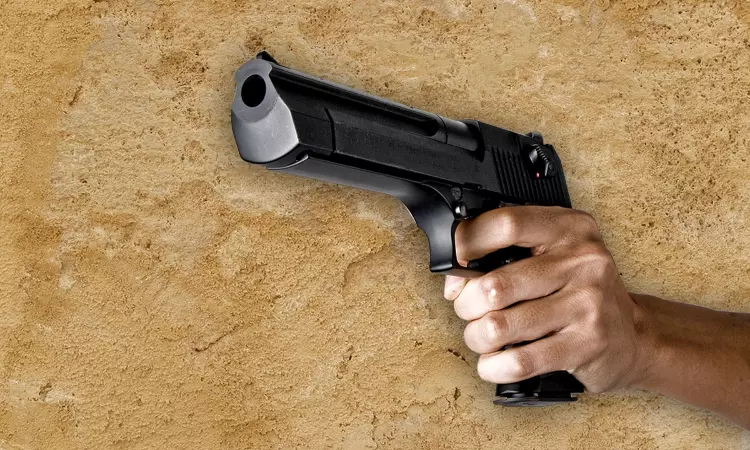Senior Advocate S Nagamuthu, the amicus curiae in an ongoing suo motu case in the Supreme Court aimed at curbing the proliferation of unlicensed firearms, has suggested making bail provisions under the Arms Act, Explosives Act, and Explosive Substances Act more stringent, akin to those in the Prevention of Money Laundering Act and the Narcotic Drugs and Psychotropic Substances Act....

